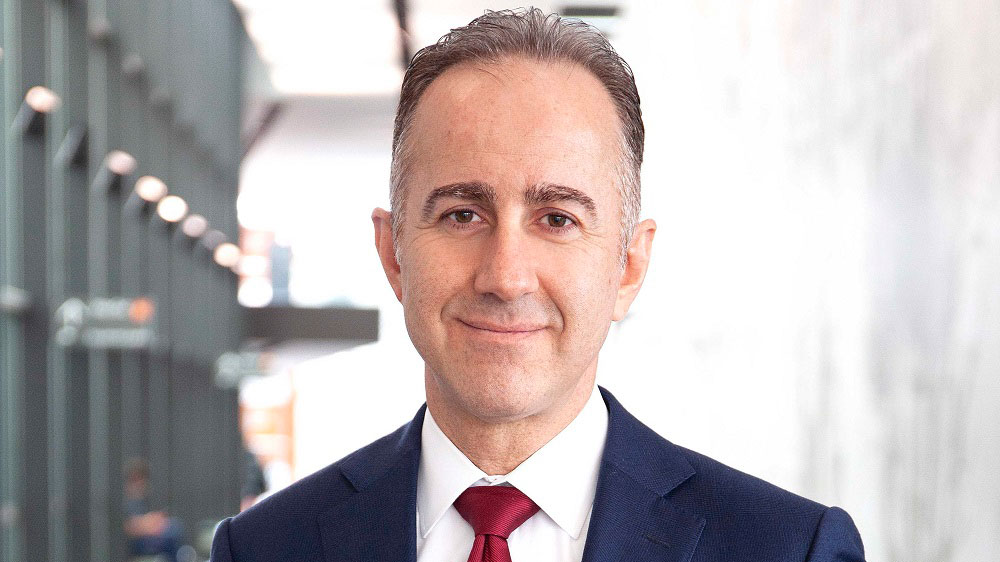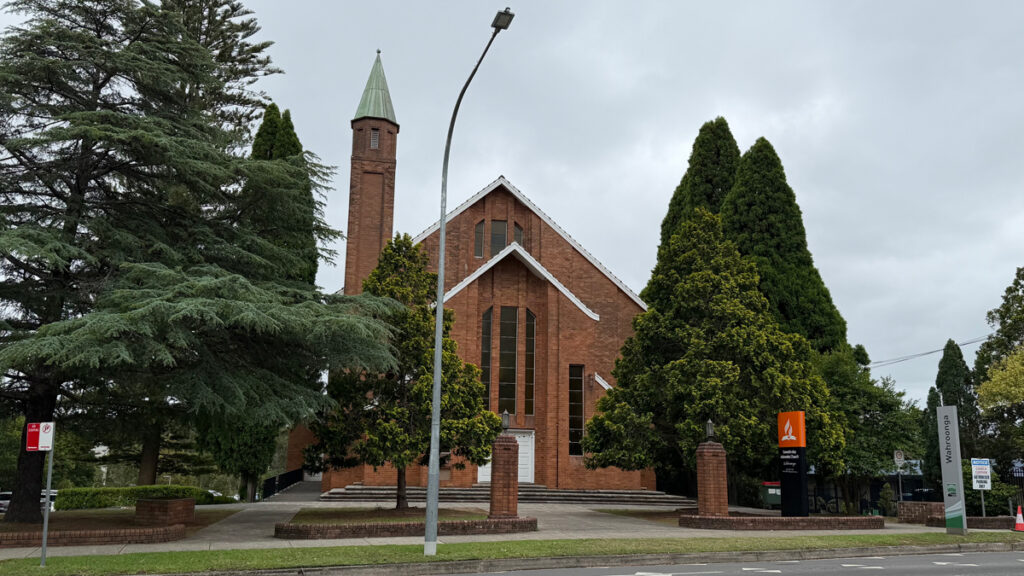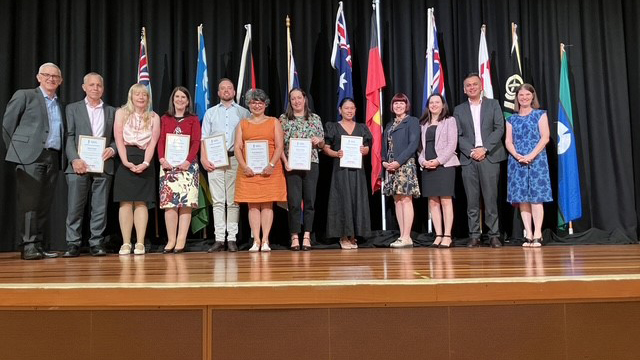In an Australian first, a collaborative surgery using a new high-resolution ultrasound technique was live-streamed at Sydney Adventist Hospital on Monday (October 28).
The surgery, performed by San obstetrician and gynaecologist Associate Professor George Condous and colorectal surgeon Dr Walid Barto, was live-streamed to help educate medical practitioners about the benefits of using the technique, known as sonovaginography. This is an emerging technique for assessing endometriosis, a disease that affects approximately 730,000 Australian women at some point in their lives.
Endometriosis is a disease in which tissue that is similar to the lining of the womb grows outside it in other parts of the body. It’s a disease with a diagnostic delay of an average of eight years due to a lack of awareness, the assumption the pain is normal and should be accepted, and the lack of education about menstruation.

A recent study found that 73 per cent of women do not visit the doctor despite suffering chronic pelvic pain.
Associate Professor Condous said currently the only way to properly diagnose and stage the severity of endometriosis is through laparoscopic (keyhole) surgery. If diagnosed, women then have to undergo another surgery for its removal and maybe more surgeries later in life if the disease isn’t completely removed, which is not uncommon.
The high resolution ultrasound provides the gynaecologist with a better overview of the extent of a patient’s endometriosis. In this case it meant that the collaborative surgery could be planned with both doctors ready to operate, with the patient able to give informed consent prior to the surgery, understanding the likely surgical outcomes.
“We are the only unit in Australia which offers both expert endometriosis ultrasound and advanced laparoscopy for women with endometriosis under the same umbrella,” said Associate Professor Condous.
“In addition, the live-streaming of this collaborative surgery using the high resolution ultrasound is an Australian first.”
Associate Professor Condous said the implementation of expert endometriosis ultrasound reduces costs annually by negating the need for multiple invasive and costly laparoscopies.
A recently published reported in the British Journal of Obstetrics and Gynaecology co-authored by Associate Professor Condous suggests that for a population of 1000 women the saved health care costs may be more than $A900,000 per year.






